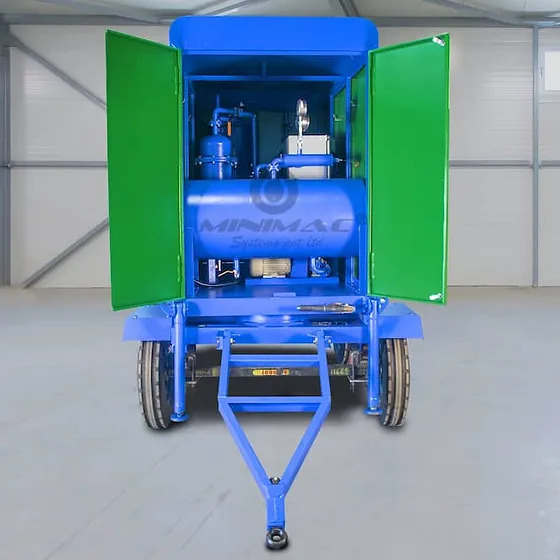Oil Filtration And Testing
Oil filtration and testing are essential components of equipment maintenance, particularly in industries relying on machinery and engines that use lubricating oil. Proper oil management ensures the longevity and efficient operation of mechanical components, reduces downtime, and prevents costly repairs.
Oil filtration involves removing contaminants, such as particles, water, and other impurities, from the oil to maintain its quality and performance. This process helps prevent wear and tear in machinery, minimizes the risk of breakdowns, and extends the lifespan of equipment. Filtration systems, including oil filters and purification units, are used to achieve this.
Oil testing complements filtration efforts by monitoring the condition of the lubricating oil. Various tests, like viscosity analysis, wear debris analysis, and acid number measurements, are conducted to assess the oil’s quality and identify potential issues. Regular oil testing allows for predictive maintenance, ensuring that oil is replaced or replenished at the right time, preventing equipment damage.

Together, oil filtration and testing play a critical role in maintaining the health of engines, hydraulic systems, and industrial equipment. By routinely filtering and testing lubricating oil, businesses can enhance equipment performance, minimize downtime, and extend the life of their machinery, ultimately improving operational efficiency and reducing maintenance costs.
